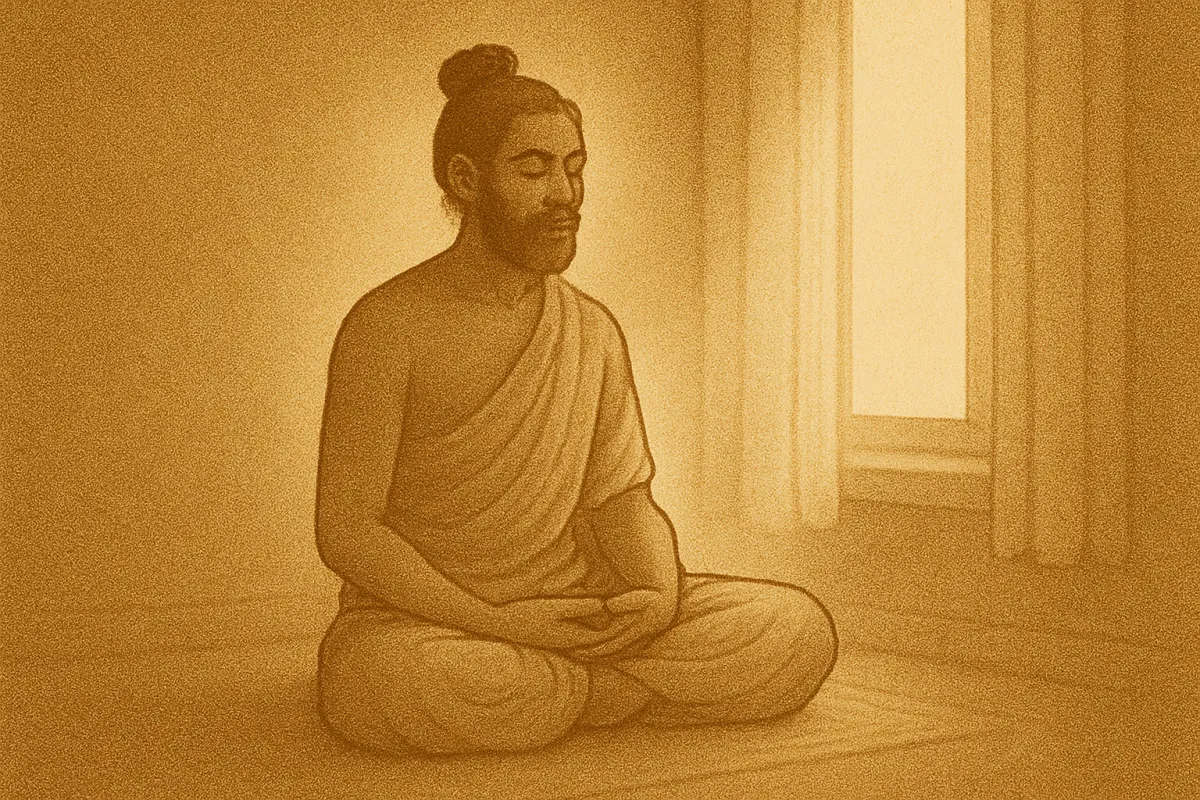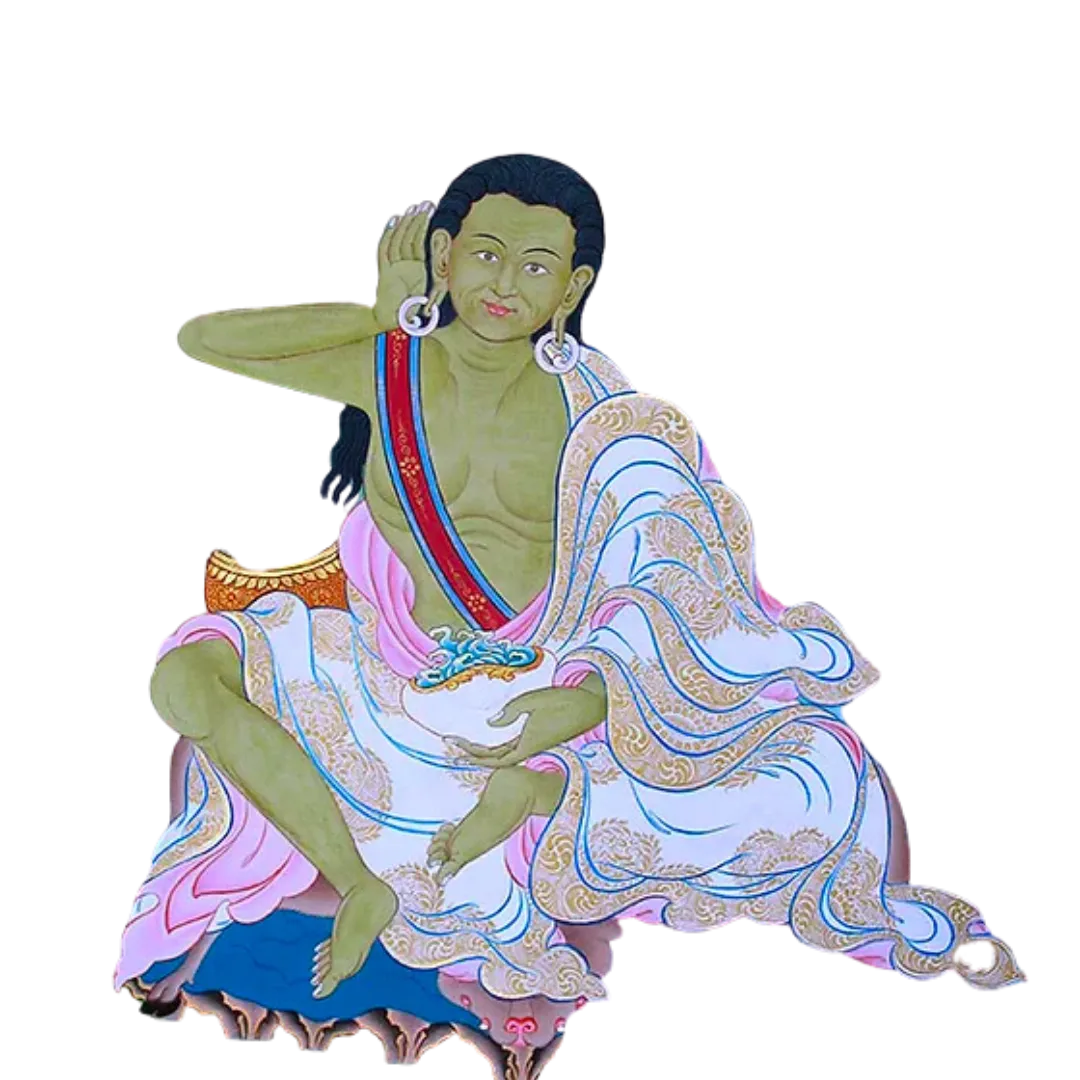Yoga Mārga Blog
Weekly Resources for Yoga Instructors, Wellness Professionals, and Healers.

Spiritual Perfectionism: Performing vs. Living Peace
"Ishvara pranidhana—surrendering the fruits of our actions.
Trusting that we don’t need to perform to be worthy of peace."
It starts with a wound so subtle, most of us don’t even see it:“I am not worthy of love unless I earn it.”
It’s not just a thought. It’s a subconscious script—one that turns even your tenderness into a performance.
You’re kind because you don’t want to be abandoned.
You’re gentle because you don’t want to be judged.
You’re generous because maybe, just maybe, it will make you lovable.This isn’t just people-pleasing.
It’s a trauma-born survival strategy cloaked in spiritual clothing.In yogic language, this is asmita—false identification.
And in Buddhism, it’s avidyā—ignorance of your true nature.The Lie of Spiritual Perfection
You take the wound to God.
To yoga.
To Dharma.You try to be the best student. The most ethical. The most awakened.
Because maybe then, you’ll be safe.
Maybe then, love will stay.But this isn’t freedom.
This is spiritual performance.And it’s exhausting.
The Buddhist Path: Unlearning the Lie
In the Dharma, liberation doesn’t come from doing more.
It comes from remembering who you are beneath all the masks.You are inherently lovable.
You don’t have to earn it.
You can’t lose it.The Four Noble Truths remind us:
We suffer (1st Noble Truth) when we mistake our worth for something conditional.
That suffering has a cause (2nd Truth)—ignorance of our basic goodness.
Cessation (3rd) is possible.
And there’s a path (4th): not through perfection, but through presence.
The Yogic Path: From Effort to Embodiment
In yoga, this is Ishvara pranidhana—surrendering the fruits of our actions.
Trusting that we don’t need to perform purity to be worthy of peace.Real liberation is this:
To stop trying so hard.
To sit in your own being and say, “This is enough.”You don’t have to prove your devotion to be held by the Divine.
You just have to relax into it.That’s awakening.
Not performance—but presence.
Dive deeper! Learn more about Yoga Philosophy and Buddhism today!
Join our online community :)




Start your 30 Day trial! No long-term commitment necessary :)

Los Angeles, CA
Tampa Bay, FL
Between two thoughts,
there is Buddha.
- Milarepa
Milarepa (1052-1135 AD), a Tibetan yogi and poet, was a man who turned the trajectory of his life from misdeed to enlightenment, reminding us of the enduring potential of the human spirit.

